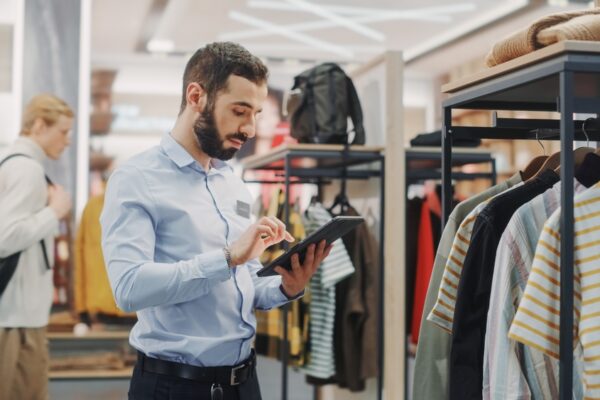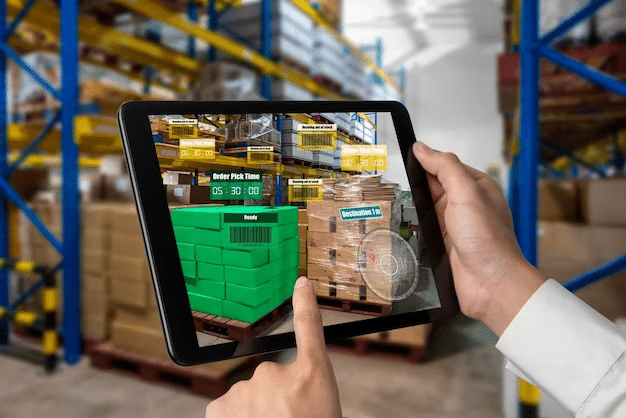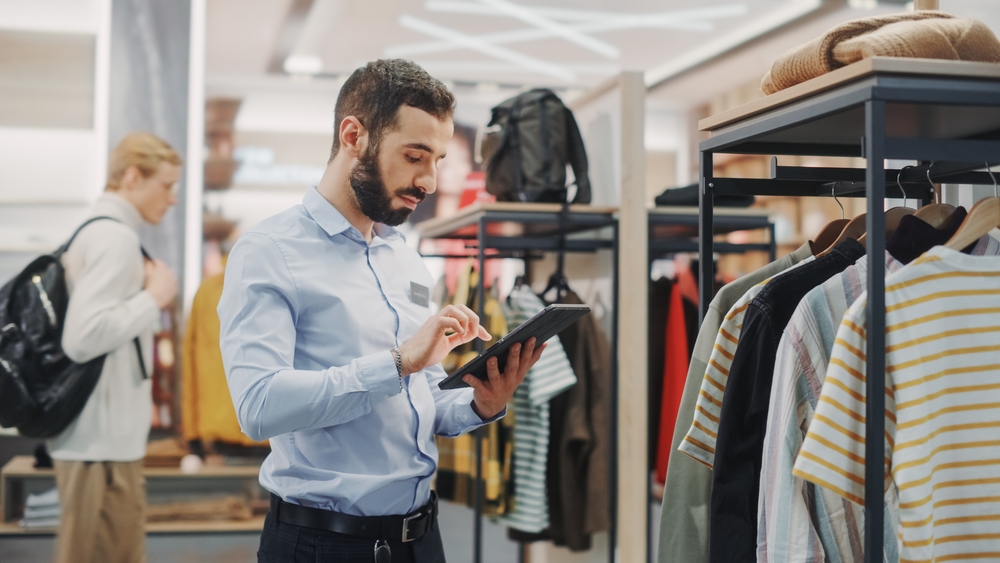
Why Retailers Should Embrace the Power of Hybrid Shopping: How to Leverage Online and Offline Channels
In an age where technology has revolutionized the way we shop, retailers are facing a dilemma: should they invest in creating an online presence or focus on traditional offline channels? The answer is simple: both. Hybrid shopping combines the convenience of online shopping with the immediacy of brick-and-mortar stores, making it the perfect choice for businesses looking to stay competitive in today’s market. In this blog, we’ll look at why retailers should be embracing hybrid shopping and how they can leverage both online and offline channels to maximize their success.
The rise of hybrid shopping has been driven by customers looking for a seamless shopping experience that combines the convenience of online retail with the immediacy of brick-and-mortar stores. By leveraging both channels, retailers can tap into a larger customer base and increase sales significantly. Not only does it give customers more options when it comes to buying products, but it also creates an integrated experience where customers can purchase items from different locations at their own convenience. This means that retailers no longer rely solely on one type of channel, allowing them to reach more people and potential customers in new ways.
One of the main benefits of hybrid shopping for retailers is increased customer loyalty. By providing customers with multiple channels to shop from, retailers can create more personalized experiences that cater to everyone’s needs. Through omnichannel marketing, retailers can track customer data across both online and offline channels while using this information to create tailored promotions that will encourage repeat purchases. Additionally, content curation allows businesses to showcase relevant content on their websites or social media platforms which can further help build customer relationships and ultimately boost loyalty.
To effectively leverage both online and offline channels for hybrid shopping solutions, retailers must understand how new technologies can enable them. Artificial intelligence (AI) is becoming increasingly important in retail as it helps automate processes such as product recommendations or even payment processing without having any manual input from humans. On the VIBA (Virtual Interactive Brand Ambassador) platform, Valerie, an intelligent virtual assistant can help customers with all their questions with human-like responses in the physical store and virtually.
Virtual reality (VR) is another technology that allows customers to “try on” products before they purchase them or even see what certain items look like in different environments – all without leaving home. These technologies also make it easier for businesses to track customer data and create tailored experiences for each individual user, which can help build customer loyalty over time.
Of course, there are some challenges associated with implementing hybrid shopping solutions into a retailer’s operations. One challenge is finding the right balance between online and offline channels so that neither are neglected or underutilized – something that many businesses still struggle with today. Additionally, integrating new technologies like AI or VR into a business’s operations can be costly and time-consuming especially if they don’t have the right resources in place already. Finally, ensuring customer data security across both online and offline channels is essential if businesses want their customers to trust them enough to purchase from them regularly.
It’s clear that hybrid shopping is here to stay and will continue shaping the retail industry going forward. It provides businesses with an opportunity to expand their reach beyond just one type of channel while creating a personalized experience for each individual user – something that traditional retail has yet to achieve until now. Retailers who embrace these trends now stand the best chance at staying competitive in today’s market as well as preparing themselves for future success.









